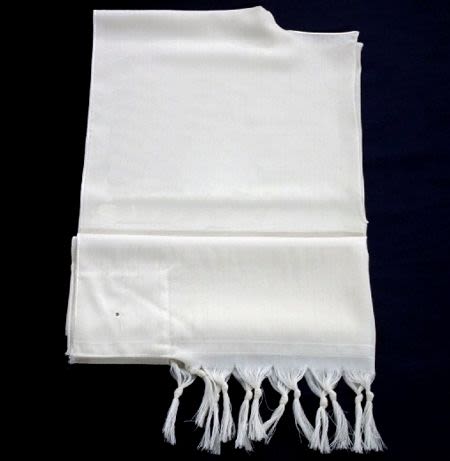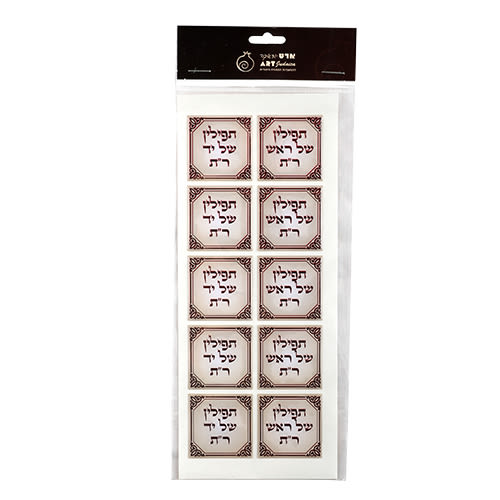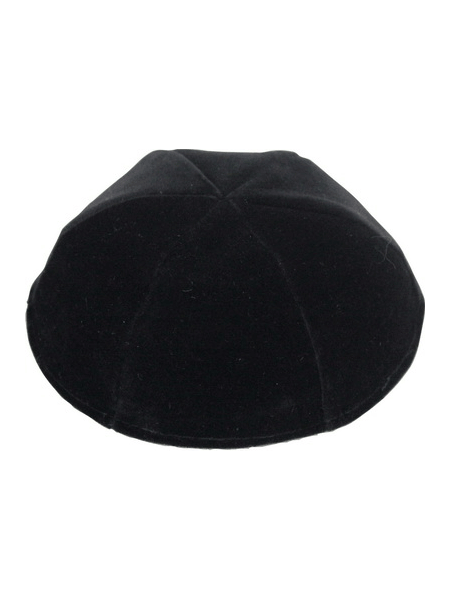
Sugar is not Simcha
Few of us escape the junk-food parade and the overdoses of sugar that are characteristic of Purim feasts and over-indulgence, but here's a healthy antidote...

Sugar is not Simcha – A Helpful Antidote for Adar Indulgences
You know when it’s the month of Adar when the happy music starts blaring, people start wearing all sorts of weird outfits, and our kids start mainlining a steady stream of refined sugar, food coloring and MSG. By the time Purim rolls around, half the kids are detoxing green mucus from their noses and the pharmacies are running low on Ritalin.
But it doesn’t stop there: the day after Purim, we realize we have less than a month till Pesach, and start force feeding our kids (and ourselves) the leftover loot.
I’ve struggled with this dilemma for years. I’ve been labeled a Grinch for suggesting that, perhaps, just maybe,  overloading our bodies, and those of our precious children, with sugar and chemicals isn’t the best way to honor the victory of good over evil perpetuated my Mordechai, Esther and the Jews of Shushan. I’ve been chastised by teachers, neighbors, and my family for suggesting that raisins were a good substitute for jelly beans in our mishloah manot (gift baskets). I’ve grappled with the ethical dilemma of throwing out the leftover junk food, because I wouldn’t want to give it to anyone, even as charity.
overloading our bodies, and those of our precious children, with sugar and chemicals isn’t the best way to honor the victory of good over evil perpetuated my Mordechai, Esther and the Jews of Shushan. I’ve been chastised by teachers, neighbors, and my family for suggesting that raisins were a good substitute for jelly beans in our mishloah manot (gift baskets). I’ve grappled with the ethical dilemma of throwing out the leftover junk food, because I wouldn’t want to give it to anyone, even as charity.
I’ve tried to see the merits of the many rationalizations and excuses I’ve heard over the years: It’s just once a year. We need to make the holiday a “sweet” experience for the children. Being so extreme about healthy food will backfire on your kids. Okay, there’s some truth in that last one, but that’s a topic for another day.
Ultimately though, with the junk food parade beginning nearly two weeks before the actual holiday itself, it’s NOT one day. And it’s not at all benign. There’s a strong argument to be made that we’re transgressing many Torah principles when we overdo it on the sweets. Physically AND spiritually, we’re making ourselves sick!!
We tend to think that the awareness of healthy eating is the result of our modern, enlightened minds, but clearly the Rabbis of Talmudic times were on to this idea as well. In the Talmud, Shabbat33a, it says: “more people are killed by the cooking pot than suffer from starvation”. Evidently, the notion that poor eating habits lead to poor health, and eventually death, isn’t so modern after all.
Similarly, Rebbe Nachman said: “A person who eats more than he needs is eating like an animal. One of the marks of human dignity is to eat only what one needs. To eat more than that is to act like an animal, who eats and chews the whole day, and this can bring on a fever”(Likutey MoharanI, 263). It seems like Rabbenu is speaking about eating beyond the point of satiation, but since we can ultimately survive without candy, chips, and food coloring, ingesting these things is akin to eating more than the body really needs, and will thus lead us down the same path.
However, Rebbe Nachman doesn’t just speak about the physical dangers of improper eating; he also points out the harmful effects on mind and spirit: “By eating properly, foolishness is subdued and intelligence is exalted…However, when one eats gluttonously…(it) causes foolishness to overwhelm intelligence.”(Likutey MoharanI, 17:3).
Apparently, Rebbe Nachman even knew about what I like to call the “junk food hangover”. “And the (state of) mind is a direct result of one’s food. When the body is clean, the mind is clear. Then one is able to derive true judgments and upright ways of conduct.”(Likutey MoharanI, 61:1). This might explain your crankiness, or your kid’s erratic behavior, after a junk food binge!
Since it’s unlikely that we’ll wake up the morning after Purim having escaped eating any junk food at all, I’m presenting my all time favorite antidote to too much sugar: Miso Soup with Nori. Miso is high in antioxidants, is packed with nutrients, and provides probiotics. Nori is high in protein and omega-3s. This soup is simple to make, easy to customize to your taste (just vary the veggies), cooks up in a jiffy, is kid-friendly, and lasts in the fridge a few days.
INGREDIENTS
½ purple onion, sliced into thin ½ moons
2-3 carrots OR daikon radish, thinly sliced on the diagonal
1 thinly sliced green onion
Optional: tofu, sliced onto small cubes
8-10 cups of pure water
Miso paste
1-2 sheets of nori seaweed, torn into small pieces.
INSTRUCTIONS
NOTE: It’s crucial NOT to boil the miso; many of its beneficial properties will be destroyed by high heat.
- Lightly sauté the onions.
- Add the carrots or daikon (and optional tofu) and sauté a bit more.
- Add water and bring to a slow boil. Then, cover and simmer till carrots are tender but still firm.
- While the pot is simmering, place a dollop of miso in each bowl.
- Ladle broth and veggies into each bowl, and stir to dissolve the miso.
- Top each bowl with green onion and nori. Bless and enjoy!
* * *
Arlyn Boltax offers nutritional counseling and exercise programs for individuals and families. For more information or to schedule a session in person or on Skype, please email kislev17@gmail.com.












Tell us what you think!
Thank you for your comment!
It will be published after approval by the Editor.